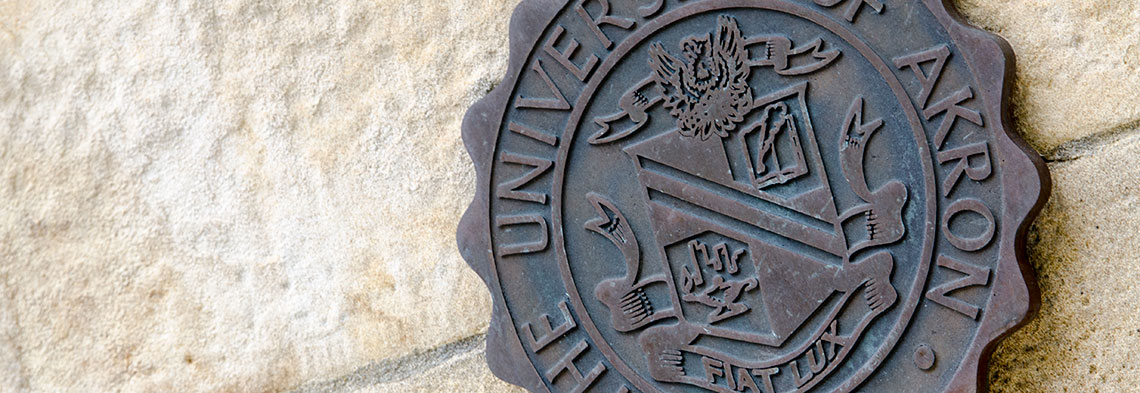Document Type
Article
Publication Date
January 1995
Abstract
The scope of the Fourteenth Amendment determines, in large measure, the allocation of responsibility and power between the states and the government of the United States. It has been characterized as “the most significant [[[Amendment] in our history” and a “second American Constitution.” It is therefore not surprising that some of the most important disputes in the United States Supreme Court have been over the meaning of the Fourteenth Amendment and that the disputes have involved some of the most important legal thinkers of our times.
In the twentieth century, one of the most familiar articulations of differing views occurred in Adamson v. California, a five-four decision, in which Felix Frankfurter's concurring opinion represented the best efforts of the majority and in which Hugo Black wrote an equally powerful minority opinion. This judicial battle between competing views of the Amendment continued intermittently throughout the march to “incorporate” additional amendments or portions of amendments, becoming particularly explicit in the six-three decision of Bartkus v. Illinois, and the seven-two decision of Duncan v. Louisiana. Even today there are suggestions of a new Court debate over the incorporation doctrine.
This clash in the Court was paralleled in the academic world by the work of Stanford, Washington University, and Harvard Law Professor Charles Fairman and Yale prodigy and University of Chicago Law Professor William W. Crosskey. That these were not mere academic debates is shown by the fact that Justice Frankfurter's opinion in Bartkus alluded to Crosskey's work, and the efficacy of Fairman's research was a matter of dispute in both Bartkus and Duncan.
While it appears that the work of Justice Black and Professor Crosskey was completed independently, that of Justice Frankfurter and Charles Fairman was one of mutual support and encouragement. This article explores the Fairman/Frankfurter relationship against the background of the incorporation debate and its relationship to the lives of Justice Black and Professor Crosskey.
Part I discusses the shared values of Felix Frankfurter and Charles Fairman, including their admiration for James Bradley Thayer, Justice Miller, and Justice Bradley and their jaundiced view of Reconstruction. Part II summarizes the relationship between Frankfurter and Fairman during Fairman's developing career. Part III presents a chronology of Fairman's most relevant Fourteenth Amendment-related writings, developing the relationship between Fairman and Frankfurter where documentation exists to do so. Part IV discusses the last years of Justice Black, Professor Crosskey, Justice Frankfurter, and Professor Fairman. Part V concludes with a search for the meaning we can draw from this research.
Publication Title
Chicago-Kent Law Review
First Page
1197
Recommended Citation
Richard L. Aynes, Charles Fairman, Felix Frankfurter, and the Fourteenth Amendment, 70 Chicago-Kent Law Review 1197 (1995).


